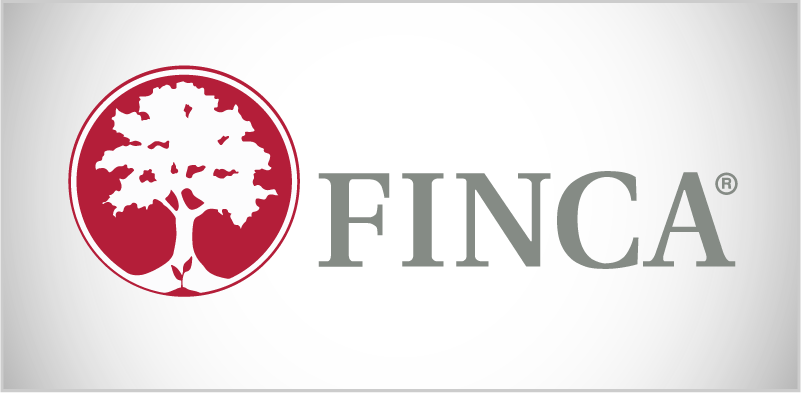When it comes to making transformative changes in banking operations, one of the most intricate yet profoundly impactful decisions a financial institution can make is replacing its core banking system. While the transition may seem overwhelming, it is increasingly recognized as a strategic necessity for organizations striving to remain competitive and meet the ever-evolving demands of modern banking.
To delve deeper into this critical topic, we spoke with Elica Slavkovic, Head of Project Management and Business Analysis at Aspekt, to understand why core banking system replacement, though challenging, is often a strategic investment in sustainable and long-term growth.
The Strategic Importance of Core Banking System Replacement
A core banking system is more than just software—it is the operational backbone that drives customer engagement, regulatory compliance, and financial transactions. As the financial sector evolves, client expectations rise, and industry standards become more stringent. Relying on outdated systems can lead to limited scalability, excessive operational costs, inefficient processes, and failure to meet customer demands.
Elica highlights the transformative power of modernization:
The core banking system directly impacts how an institution operates and grows. Replacing an outdated or legacy system allows financial institutions to significantly enhance efficiency, optimize costs, and elevate the customer experience. More importantly, it positions them to adapt to future challenges and seize new opportunities.
Modern customers demand seamless, real-time services across multiple digital channels, while regulatory requirements are becoming increasingly complex. Institutions that fail to modernize risk falling behind competitors who leverage cutting-edge technology to innovate and scale effectively.

Why Financial Institutions Hesitate
Transitioning to a new core system is a significant undertaking, often accompanied by concerns about potential disruptions, time constraints, and financial investment. A key consideration for C-level executives is the impact on the organization’s operations and the ability to maintain stability during the transition.
While the shift to new workflows, processes, and technologies is necessary for long-term growth, it often requires careful planning to ensure minimal disruption. Resistance to change, fear of losing operational familiarity, and concerns about training requirements can slow down decision-making.
Ensuring that teams are adequately supported with training and clear communication helps manage the transition smoothly without compromising productivity.
A further challenge is the complexity of existing data. Over time, financial institutions accumulate vast amounts of structured and unstructured data across multiple systems.
Ensuring seamless migration—while maintaining data integrity, preventing loss, and ensuring accuracy—adds significant complexity to the decision-making process. A well-thought-out, strategic approach is essential to mitigate risks and achieve a successful outcome.
However, delaying modernization due to these challenges often proves more costly in the long run. Legacy systems become increasingly inefficient, data silos persist, and institutions struggle to keep pace with evolving regulatory and market demands.
Elica emphasizes:
With the right partner, even the most complex operational structures can undergo a smooth and well-orchestrated transformation. At Aspekt, we take a meticulous, step-by-step approach, ensuring that every aspect of the transition is carefully managed to minimize risks. Our tailored implementations are designed to align with the intricacies of each client's operations, enabling a seamless shift while maintaining business continuity at every stage.

Institutions that postpone modernization face mounting risks:
Operational Inefficiencies: Legacy systems often require excessive manual interventions, leading to higher error rates and slower processing times.
Data Silos: Outdated systems hinder data integration, making it challenging to gain comprehensive insights into customer behavior and market trends. Moreover, these legacy systems typically lack robust data validation controls, accumulating “dirty data”—inaccurate, incomplete, or inconsistent information. Such data quality issues can compromise decision-making processes and operational efficiency.
Regulatory and Compliance Risks: Older systems struggle to keep pace with evolving regulations, exposing institutions to penalties and reputational damage.
Increased Complexity and Integration Challenges: Due to the limited capabilities of legacy core systems, institutions frequently depend on a diverse array of external applications to fulfill various operational requirements. Integrating a wide range of external systems with the core banking platform often results in complex interfaces and data exchange mechanisms. This complexity can lead to increased maintenance efforts, higher costs, and a greater likelihood of integration errors.
Missed Digital Opportunities: Legacy systems limit an institution’s ability to integrate emerging technologies like open banking APIs, AI, and machine learning, which are crucial for future innovation.
How Aspekt Empowers Financial Institutions
Aspekt is uniquely positioned to support banks, microfinance institutions, and leasing companies in their digital transformation efforts. The company’s comprehensive approach ensures that core banking modernization is not just a technology upgrade but a full-scale business transformation.

Elica explains Aspekt’s vision:
At Aspekt, our vision is to transform financial institutions by providing access to state-of-the-art technology that supports every aspect of their business—ensuring seamless, efficient, and future-ready operations at an affordable cost. By streamlining processes, maximizing efficiency, and empowering client teams, we enable institutions with the tools they need to thrive in an evolving market. Our solutions drive tremendous competitive advantages, allowing financial organizations to stay ahead, innovate with confidence, and scale effortlessly.
To achieve this, Aspekt follows a structured and transparent approach:
Pre-Screening & Planning: Before the project starts, Aspekt’s consultants thoroughly pre-screen the institution’s operations to ensure a seamless transition along with the Project Management.
Structured Implementation Methodology: Aspekt deploys a specialized implementation strategy focused on rapid deployment within scope and budget—a crucial factor in core banking migrations.
Dedicated Business and Technical Support: Aspekt assembles specialized teams comprising top performers from both technical and business domains. This strategic composition ensures that clients receive expert guidance tailored to their unique challenges, facilitating a smooth transition and successful project implementation.
Day-to-Day Project Leadership: The Project Management team oversees daily operations, ensuring transparency, efficiency, and strict adherence to predefined milestones.
Key Benefits of Aspekt’s Approach
Tailored Implementation: Solutions designed to meet the unique needs of financial institutions, ensuring perfect alignment with business goals and operational requirements.
Unmatched Efficiency: Streamlined workflows that significantly reduce manual workloads and operational costs.
Future-Ready Systems: A powerful and scalable architecture that supports digital transformation, including mobile banking, omnichannel services, and advanced analytics.
Scalable and Modular System: Aspekt’s scalable and modular architecture allows for the seamless integration of new modules, ensuring the system adapts to the institution’s growing needs without disruption. This flexibility supports continuous growth and operational efficiency.
Regulatory Compliance: Built-in compliance features that simplify adherence to both local and global regulatory standards.
Elica adds:
At Aspekt, we don't just deliver technology—we build enduring partnerships. Our clients trust us because we go beyond providing solutions; we work closely with them to ensure their long-term success.













